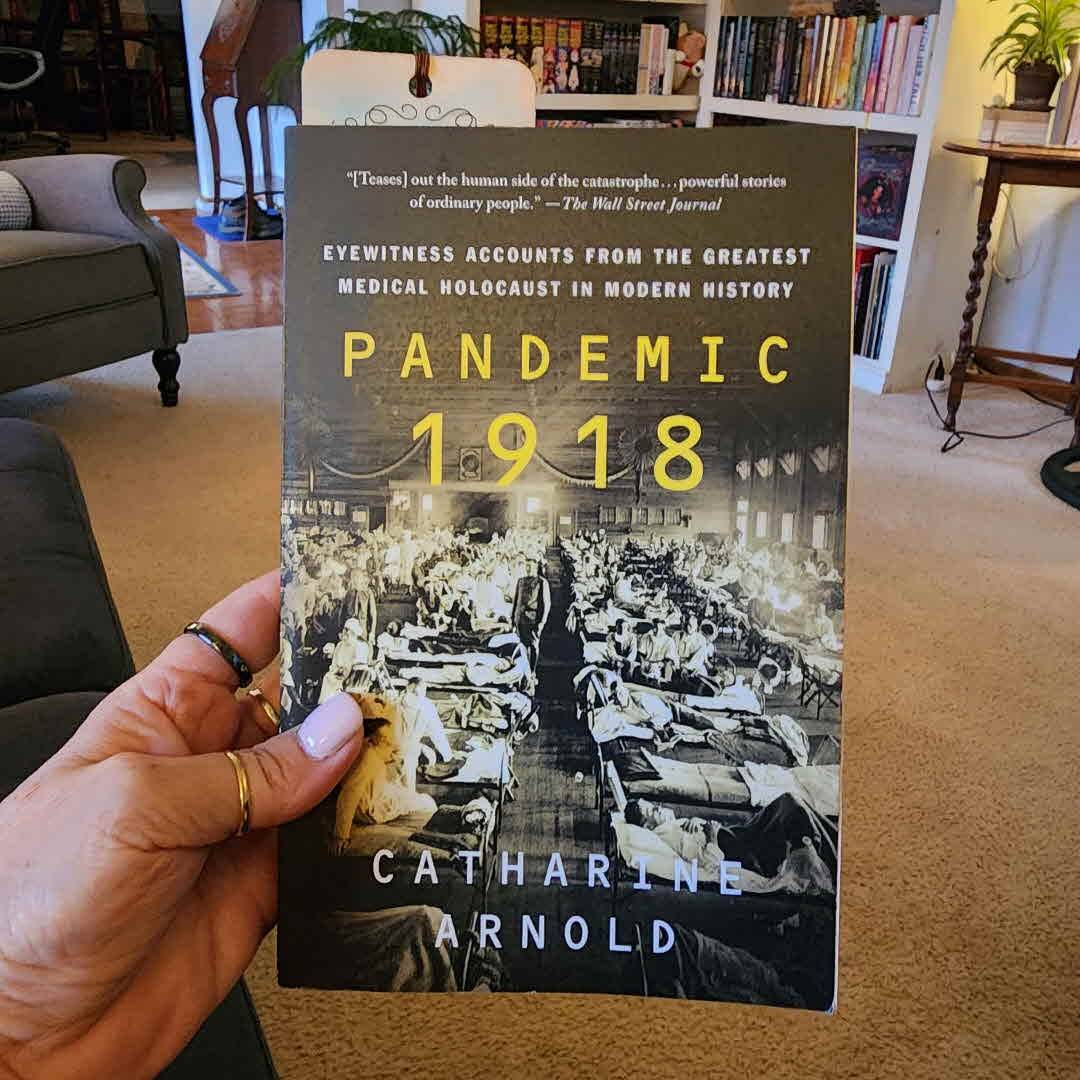
This was so interesting and eye opening. I found myself both appalled and horrified whilst at the same time unable to put the book down. Truly, a very good and educational read given the pandemic we all just went through. #nonfictionread

This was so interesting and eye opening. I found myself both appalled and horrified whilst at the same time unable to put the book down. Truly, a very good and educational read given the pandemic we all just went through. #nonfictionread
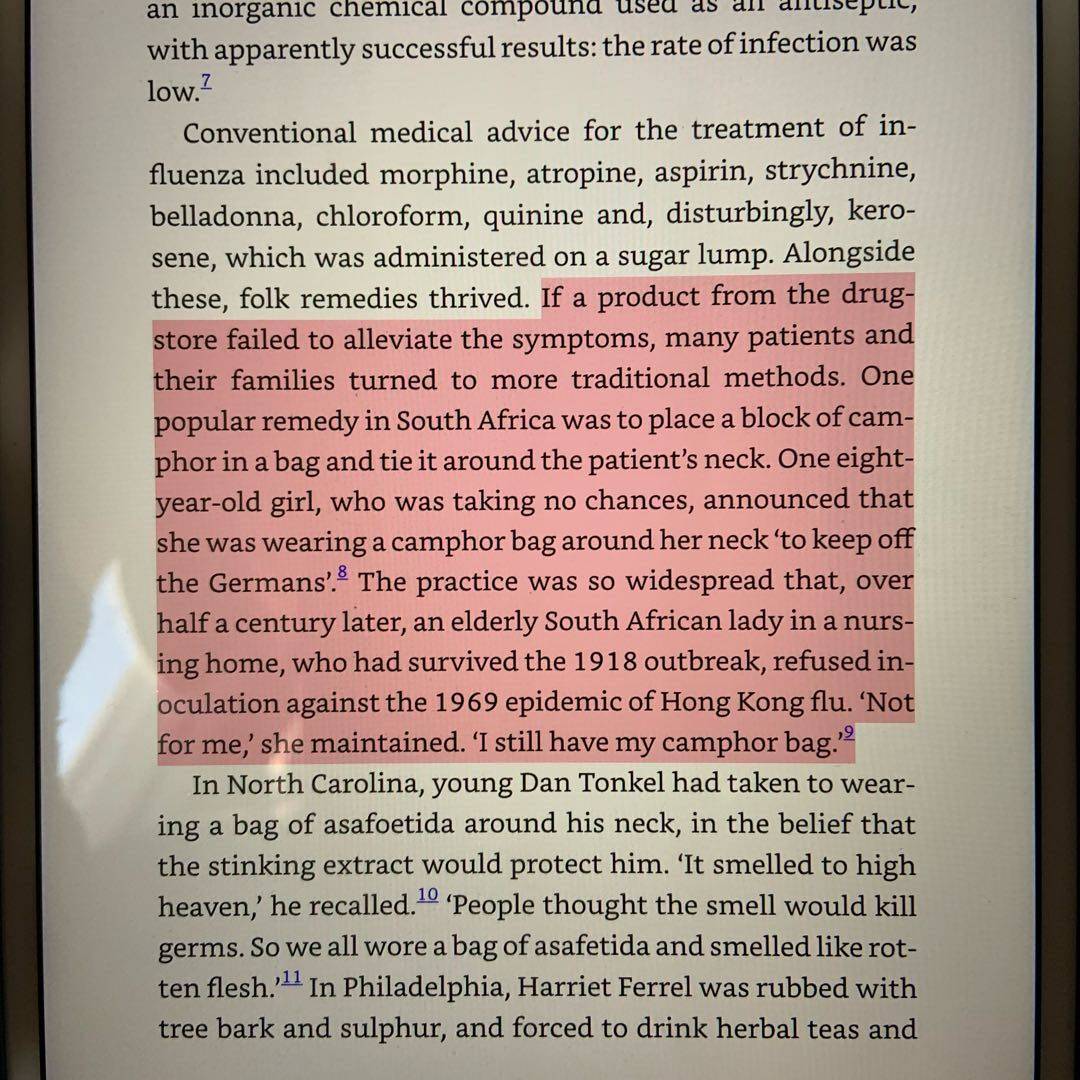
Just finished this account of the 1918 flu pandemic. This passage struck a chord. When I was a child in CT in the 1970s, my mother made us wear camphor bags during flu season every year. I hated it. I later discovered that my great-grandmother had survived the pandemic, and for the rest of her life wore a camphor bag in winter. As did my grandmother and mother. It‘s amazing how long the memory of that horrific time impacted my family‘s actions.
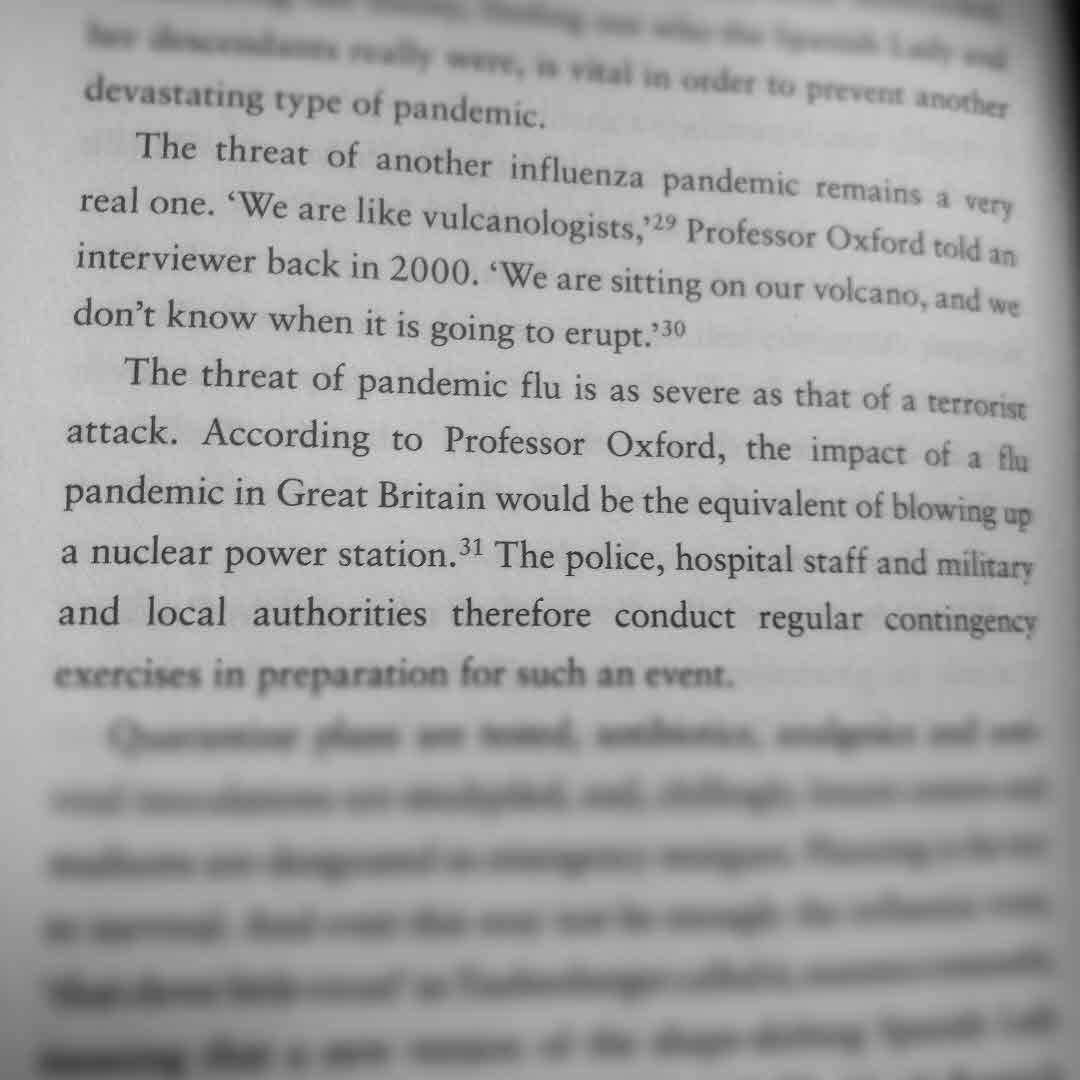
Arnold's book is a very interesting collection of accounts and facts about the "Spanish flu" pandemic (including why it was called that). She gathered a lot of first hand accounts that are both scary and fascinating. This is not a scientific analysis, and sometimes the editing is poor and leaves you scratching your head after reading a paragraph until you realize she didn't express some math quite right or made a mistake, but it is still good.

Finally got time for this, thanks for the tag @SamAnne!
1. I became quite obsessed with the tagged book this month, and now I want to read more about the subject.
2. Expendable by James Alan Gardner would make a great sci fi flick.
3. Scientists!
@Eggs #wondrouswednesday
One of the reasons I am reading this book is that I wanted to understand how the COVID 19 virus compares to the flu of 1918. Per this book, 4500 people died of flu and pneumonia in the third week of October 1918 in Philadelphia alone. To compare, COVID 19 has killed 3754 people in Philadelphia total, since the first reported case in March 2020. Kind of puts things in perspective.
"In Hamburg, four hundred were dying each day and furniture vans had to carry the bodies to the cemetery. 'We are returning every day to the barbarism of the Middle Ages . . . ,' wrote Princess Evelyn. 'I am often astonished that there are no religious fanatics nowadays to run through the streets, dressed in sackcloth and ashes and calling on the people to repent their sins.'"
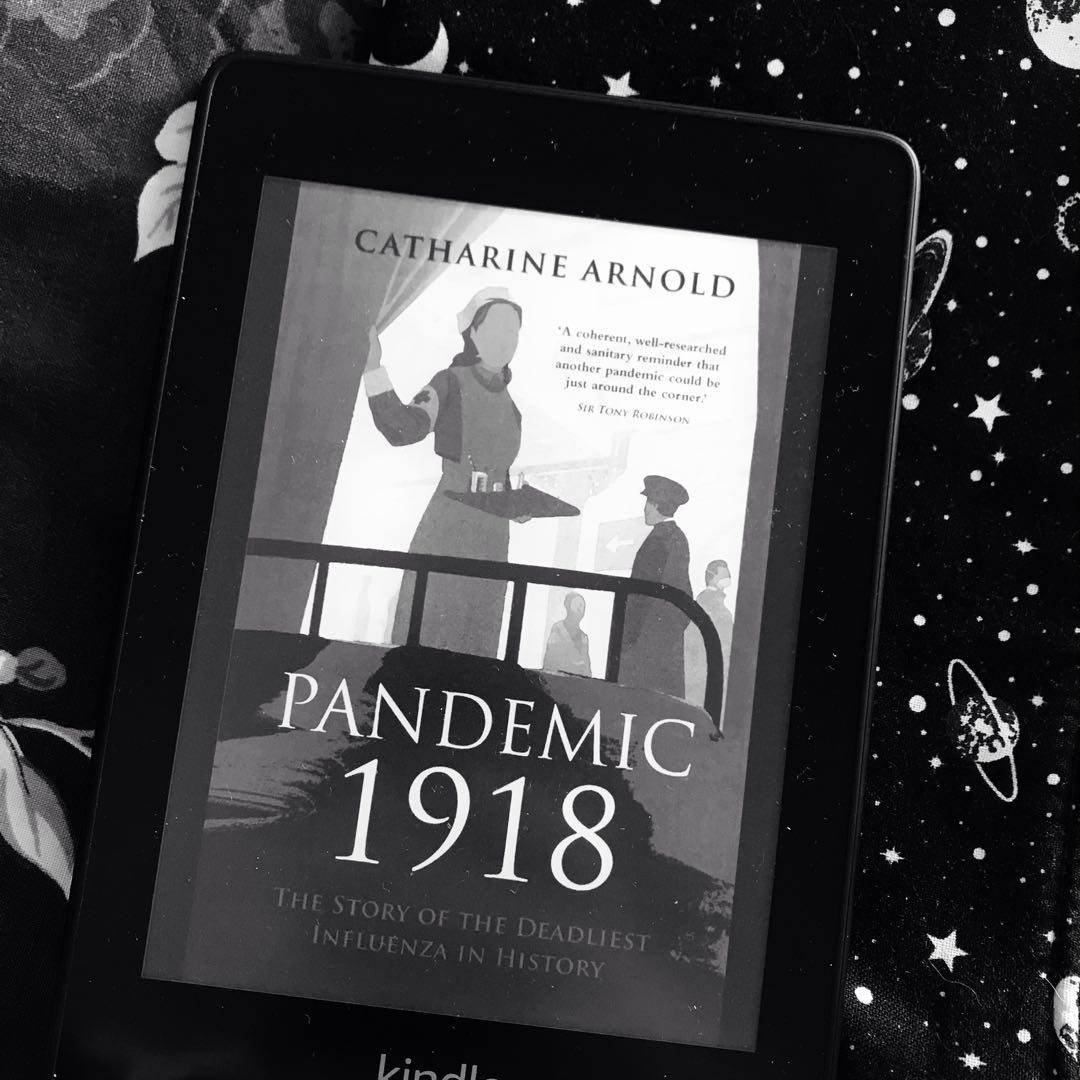
How terrifyingly familiar... telling the stories from the horribly virulent and often fatal Spanish influenza, this virus went after the strong and healthy.
Humanity was fighting not only a world war but also an unseen one against a virus that ravaged entire countries, so many millions died from this virus.
Here‘s hoping we have learnt from our mistakes, some of the stories told here are absolutely heartbreakingly sad.
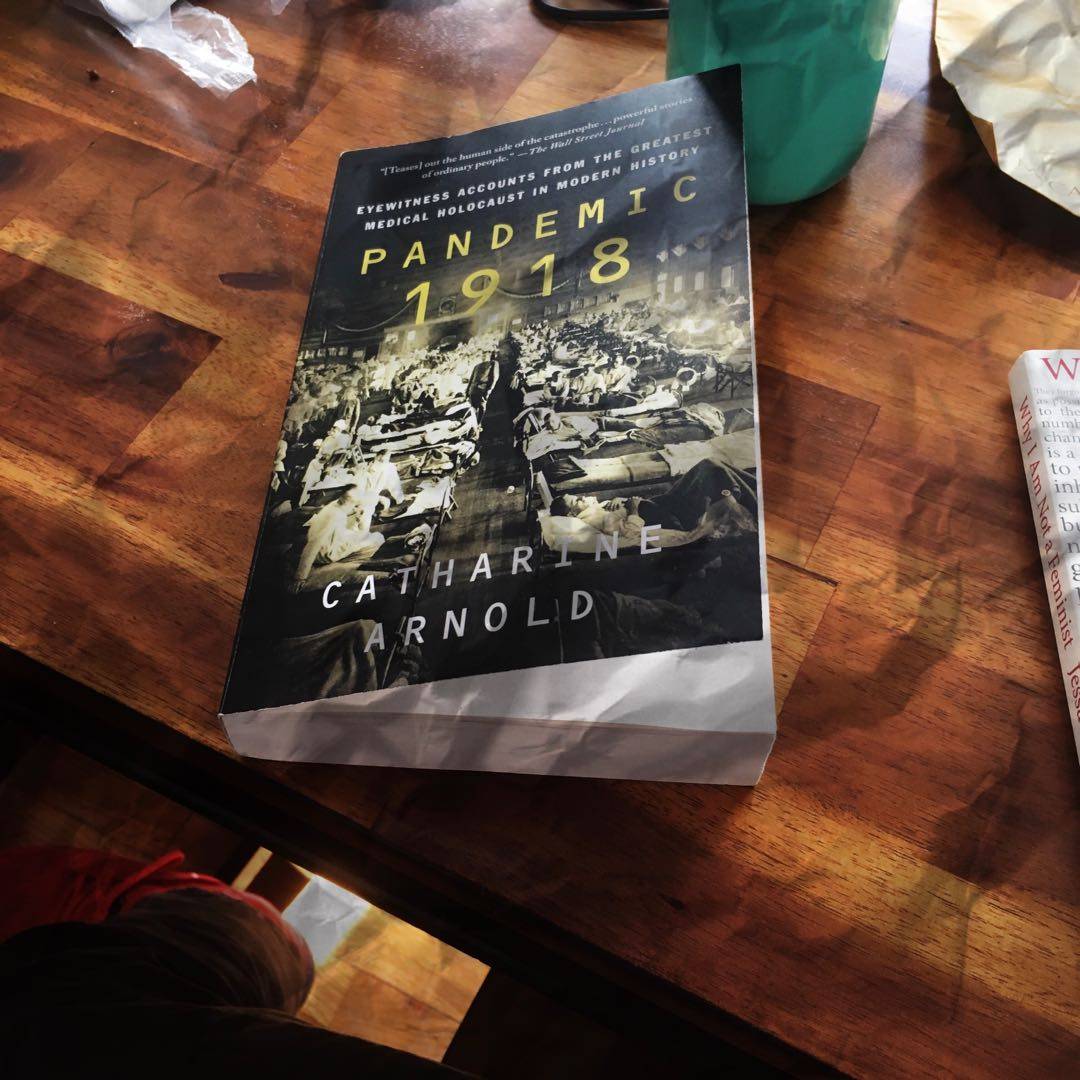
Such a detailed book about the common lives during the 1918 pandemic. Arnold does a good job in describing the successes and struggles. The book sets a great context for the current pandemic. It‘s a “you should definitely read this soon” type book
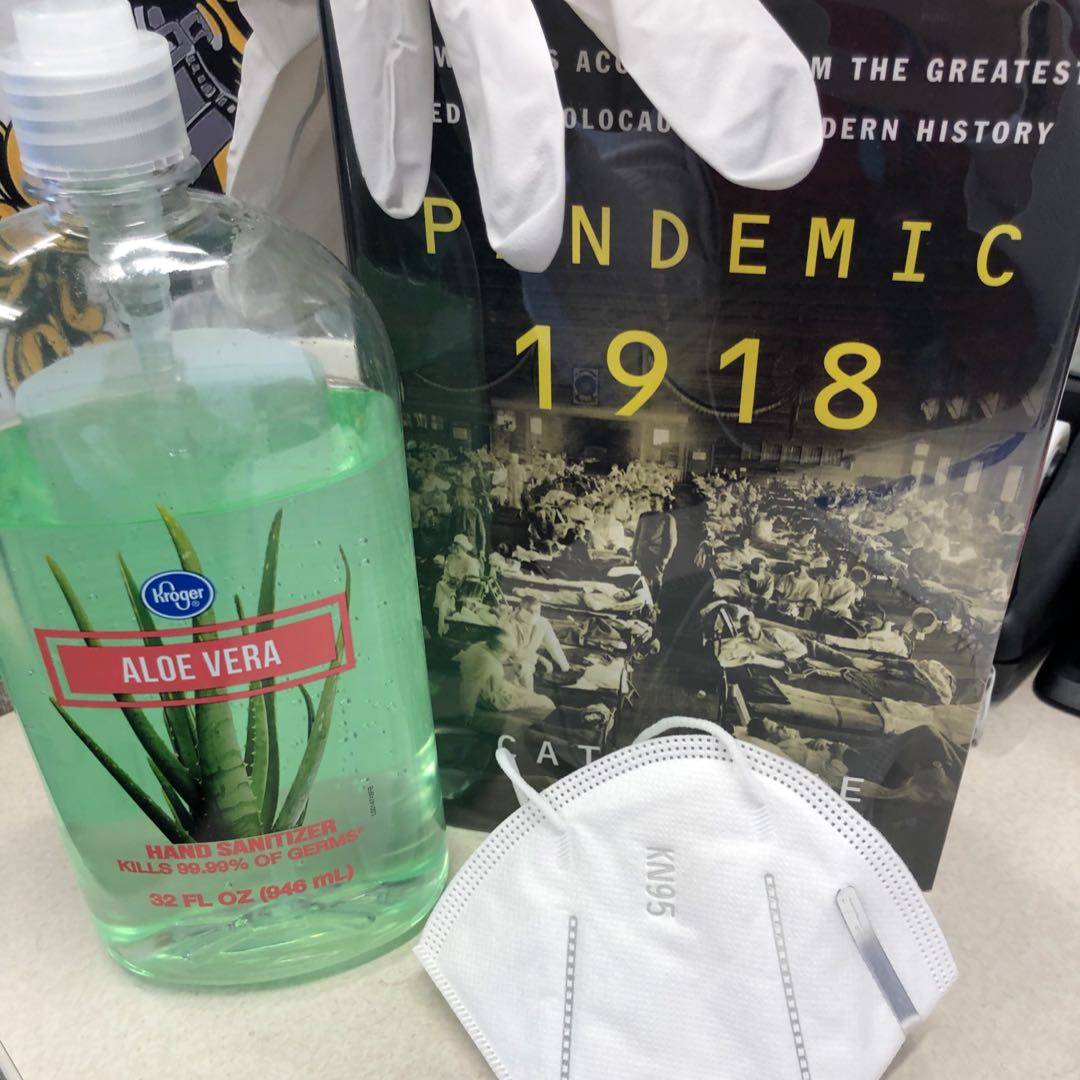
Wow so familiar...it‘s like we don‘t learn from history‘s mistakes.
This is an excellent book about the 1918-1919 flu pandemic. It was called the Spanish flu even though it didn‘t originate in Spain. This strain of flu was highly contagious and virulent. When it finally ended, 100 million people had died from it. My paternal grandfather died from it, as did one of his young children. It took a huge toll on soldiers in WW1 and on the medical staff who cared for them. If you like this kind of book, I recommend it.